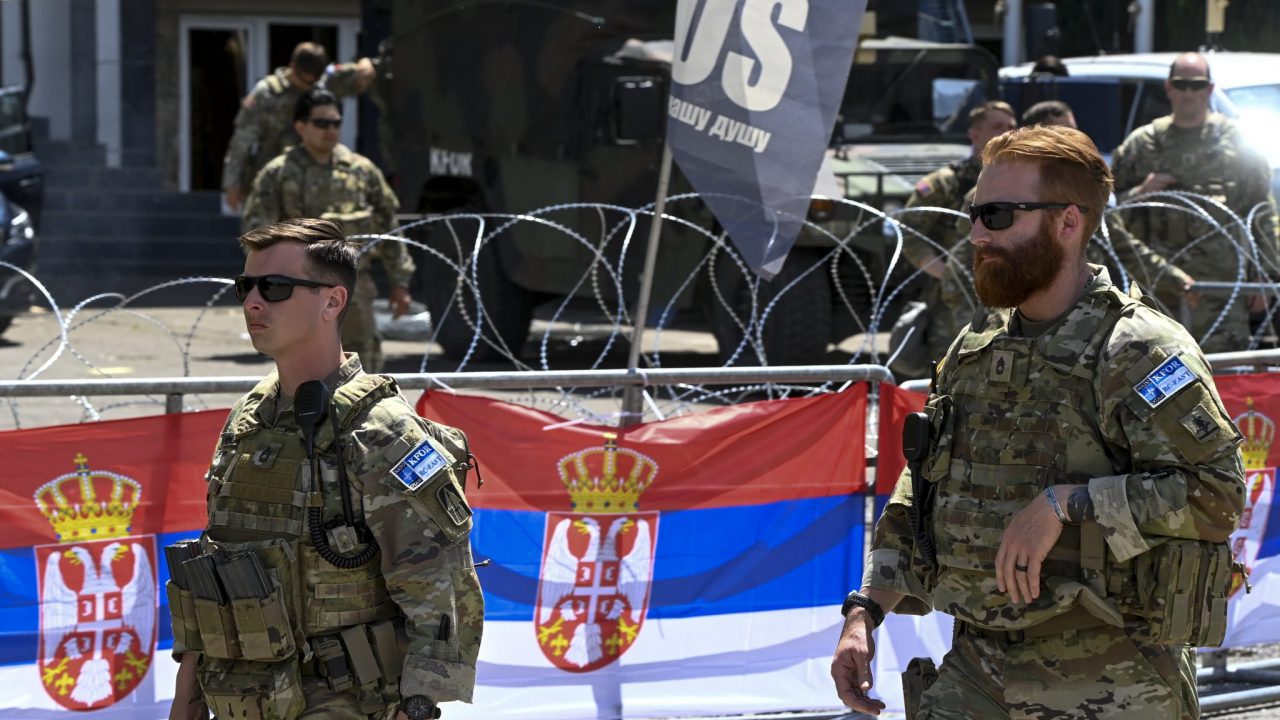On January 5, President Aleksandar Vucic claimed that nine countries – Somalia, Burkina Faso, Gabon, Eswatini [former Swaziland], Libya, Guinea, Antigua and Barbuda, St Lucia and the Maldives – no longer recognized the former Serbian province’s statehood.
Kosovo diplomats have dismissed the claims about at least five of these countries.
On January 12, the Ambassador to Britain, Ilir Kapiti, met in London with the High Commissioner of Eswatini, Thandazile P. Mbuyisa. “We are looking forward to strengthening our relations Eswatini & Kosovo by exploring economic opportunities,” Kapiti wrote on Twitter.
Blerim Reka, mission head at the Consulate in New York, on Facebook on Thursday confirmed continued relations with the Maldives, also debunking Vucic’s claims. “Reconfirmation of excellent bilateral relations. No change in diplomatic relations, established since 2009,” Reka wrote.
On January 11, the Ambassador to Canada, Adriatik Kryeziu, met his counterpart from Gabon, Engone Rosine Epouse Oliveira. “Looking forward to our continued collaboration,” Kryeziu wrote on Twitter.
On the same day, the ambassador in Belgium, Agron Bajrami, met the ambassador of Libya in Brussels, Amel Jerary. Bajrami on Twitter said they had “agreed about need for deepening Kosovo-Libya relations”.
On January 10, Kosovo’s embassy in Ankara said that ambassador Agon Vrenezi met Somalia’s ambassador to Turkey, Jama A Mohamed. “They discussed the possibilities of deepening cooperation between the two countries and exchanged views on regional and international developments,” the embassy announced.
Kosovo PM Albin Kurti on January 6 described Vucic’s claims as part of “Belgrade’s efforts in a situation where they have lost the support of Western democracies … in the diplomatic arena against the independence of Kosovo”.
Kosovo’s Foreign Ministry immediately denied Vucic’s claims, saying it had not received any notification of derecognition.
In May 2022, after Kosovo applied for membership of the Council of Europe, Serbia said it would resume its campaign for Kosovo’s derecognition.
Vucic said Kosovo had broken the Washington agreement, and Serbia would now “accelerate, work on the withdrawal of [recognition of] Kosovo’s independence”.
Vucic was referring to agreements Serbia and Kosovo signed in September 2020 in Washington, when Serbia pledged to stop its campaign to get countries to “derecognise” Kosovo for one year, while Kosovo promised to stop applying for membership of international organisations for a year.
According to BIRN’s 2021 analysis, the agreements brought no major developments, except for Israeli recognition of Kosovo in February 2021.
Serbian Foreign Minister Ivica Dacic in March 2020 announced that Sierra Leone had withdrawn its recognition of Kosovo.
Earlier, Dacic claimed that a total of 17 countries had withdrawn recognition or were redefining their positions on Kosovo.
Experts told BIRN the real impact and legal basis of this campaign was questionable.
According to a list of recognitions on Kosovo’s Foreign Ministry website, 117 countries have recognised its independence from Serbia. But the list includes countries that Serbia claims have since withdrawn their recognition.
Kosovo was swiftly recognised by the major Western powers after independence in 2008, including 22 of the EU’s 27 members. Many other states followed suit over the years.
With the exception of Bosnia and Herzegovina and Serbia, the former Yugoslav republics all recognise Kosovo.
However, EU members Spain, Romania, Greece, Cyprus and Slovakia do not. Neither do Serbian allies Russia and China, both veto-holders on the United Nations Security Council.





